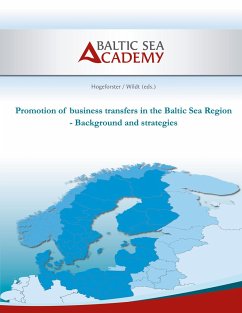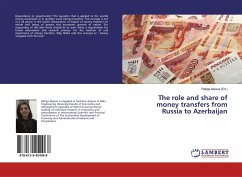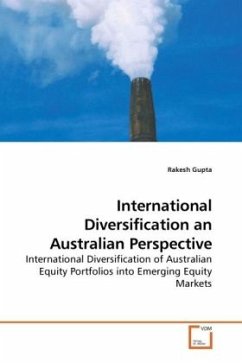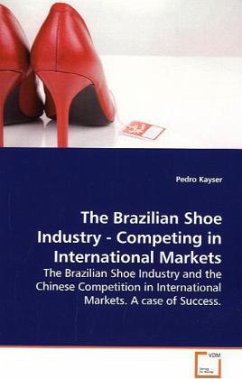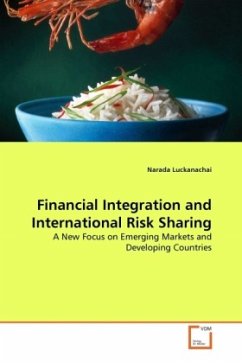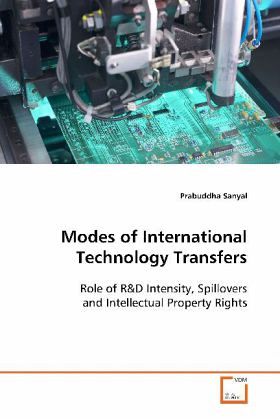
Modes of International Technology Transfers
Versandkostenfrei!
Versandfertig in 6-10 Tagen
52,99 €
inkl. MwSt.

PAYBACK Punkte
26 °P sammeln!
The goal of this dissertation is to enhance the understanding of forces that govern technology transfer to a host country. The role ofR&D intensity of the host country, spillovers from affiliates to the host country and to the multinational enterprise (MNE), and the role of intellectual property rights (IPR) on technology transfer are examined. Chapter 2 sheds light showing how the interplay of factors such as MNE allocating resources devoted to R&D activities, the level of IPR, and the spillovers that MNE obtains from subsidiaries and local competitors are crucial for MNEs choice of FDI over ...
The goal of this dissertation is to enhance the
understanding of forces that govern technology
transfer to a host country. The role of
R&D intensity of the host country, spillovers from
affiliates to the host country and to the
multinational enterprise (MNE), and the role of
intellectual property rights (IPR) on technology
transfer are examined. Chapter 2 sheds light showing
how the interplay of factors such as MNE allocating
resources devoted to R&D activities, the level of
IPR, and the spillovers that MNE obtains from
subsidiaries and local competitors are crucial for
MNEs choice of FDI over exports. Chapter 3
empirically examines the theoretical predictions of
chapter 2 for US outward FDI for a sample of
developed economies using panel data estimation. The
results demonstrate that foreign markets are
initially served through exports, and later through
direct investment. There is a non-linear
relationship between spillovers and FDI. Chapter 4
examines the role of the same determinants for FDI
and licensing. The main result is that IPR in the
host country has a positive impact on FDI and all
forms of licensing.
understanding of forces that govern technology
transfer to a host country. The role of
R&D intensity of the host country, spillovers from
affiliates to the host country and to the
multinational enterprise (MNE), and the role of
intellectual property rights (IPR) on technology
transfer are examined. Chapter 2 sheds light showing
how the interplay of factors such as MNE allocating
resources devoted to R&D activities, the level of
IPR, and the spillovers that MNE obtains from
subsidiaries and local competitors are crucial for
MNEs choice of FDI over exports. Chapter 3
empirically examines the theoretical predictions of
chapter 2 for US outward FDI for a sample of
developed economies using panel data estimation. The
results demonstrate that foreign markets are
initially served through exports, and later through
direct investment. There is a non-linear
relationship between spillovers and FDI. Chapter 4
examines the role of the same determinants for FDI
and licensing. The main result is that IPR in the
host country has a positive impact on FDI and all
forms of licensing.




